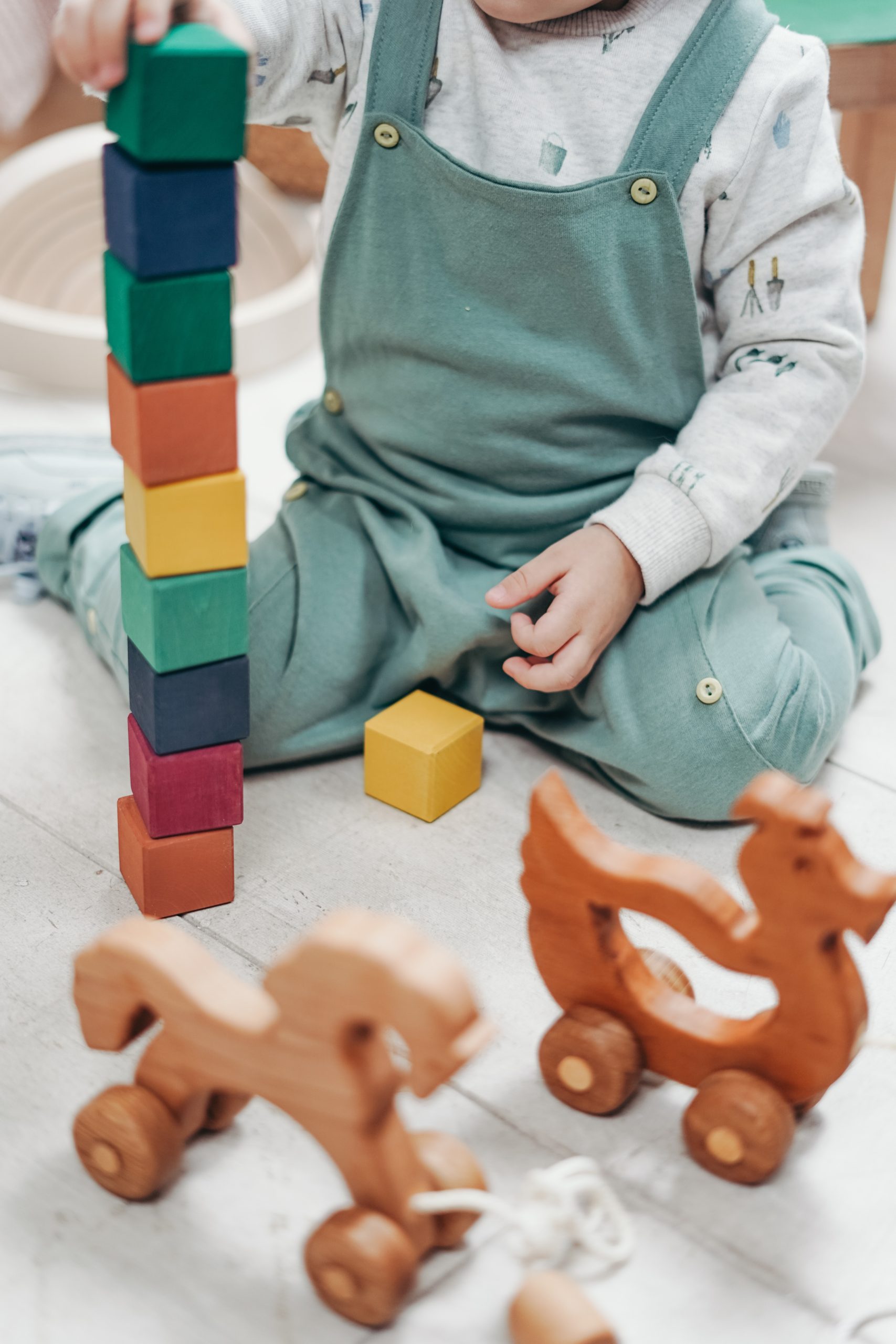Children with speech delay often struggle to communicate with others. This can make everyday tasks, like going to school or playing with friends, extremely difficult. In order to help these kids reach their full potential, it’s important to find activities that will help improve speech. With a bit of research, you can find a variety of activities that will help your child improve their speech skills. From speaking regularly to practising pronunciation, these activities will help your child reach their full potential!
What is a Speech Delay and the Symptoms?
A speech delay is a problem with the way your mouth and throat work, which can make it difficult for you to speak clearly. It can cause problems in both oral and communication skills.
The symptoms of a speech delay vary from person to person, but they may include trouble understanding spoken language, making simple conversations, or even speaking at all. It can also lead to difficulties with reading and writing as well as problems in school or work.
If you’re worried that you might have a speech delay, it’s important to get tested. The sooner you learn about it, the easier it will be to start treating it. There are various treatments available that can help improve your speech and communication skills.
How to Identify a Speech Delay in Young Children?
Many parents are often oblivious to the fact that their children may have a speech delay. This is due, in part, to the fact that there is no single indicator of a speech delay. However, there are some key signs that you should watch for if you think your child may be struggling with language development.
One sign of a possible speech delay is difficulty understanding verbal directions or commands. Your child may also struggle when it comes to repeating words back correctly or following simple conversations. Additionally, your child may seem shy and reluctant to participate in group activities or conversations.
If you notice any of these signs in your son or daughter, make an appointment with your pediatrician for an evaluation. The doctor will be able to rule out any other potential causes for the behaviour and start treatment accordingly.
Activities That Can Help a Child With Speech Delay
There are a number of activities that can help a child with a speech delay. These activities can help improve their communication skills, train their brain to think in new ways, and develop motor skills.
One of the most important things that a child with speech delay needs is an environment where they feel comfortable communicating. This means that they should be encouraged to speak as much as possible, and any obstacles (like silence being imposed) should be eliminated as quickly as possible.
Some common activities that can help with speech delays include:
- Speech therapy: This is an essential part of helping a child develop better communication skills. Speech therapy helps the child learn how to use language correctly, and it also helps them to understand what others are saying.
- Language development: The more languages a child knows, the better equipped they will be for everyday situations where communication is required. Bilingual children have an easier time understanding others because they have been exposed to multiple dialects and languages at an early age.
- Art therapy: Art can help children explore their emotions, which may in turn help them communicate more effectively. By providing visual representations of their thoughts and feelings, art therapy has been proven to be one of the most effective methods for treating speech delays.
- Speech delay toys: Toys that encourage imaginative play and communication skills are often the most beneficial for children with speech delays. These activities not only provide mental stimulation but also help to develop language and socialization skills.
Conclusion
Now that you know all about speech delay activities, it is time to get started. Try these with your child and see the progress. The more they engage in new exercises, the better their development will be! However, do not disregard your child’s interests or preferences. Sometimes a fun-based approach can also help them develop their communication skills faster than reading out materials.




